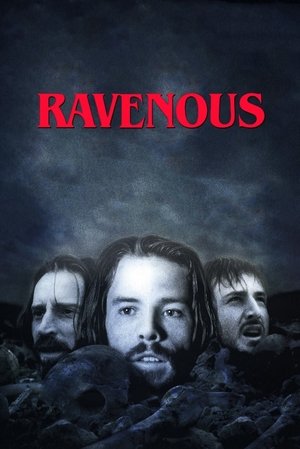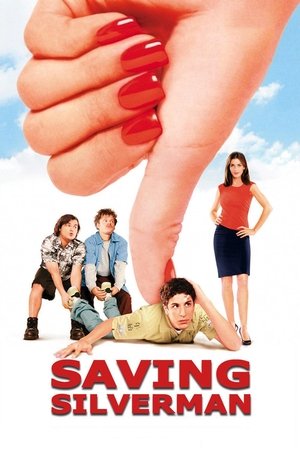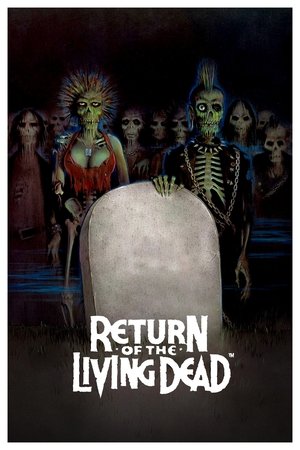Overview
A modest Neapolitan man meets a young woman with excessive hairiness. He exhibits her at fairs and marries her. It is after marriage that he receives a tempting offer from a French manager.
Reviews
* English Title: The Ape Woman
* Original Title: La donna scimmia
* Year: 1964
* Country: Italy, France
* Language: Italian
* Genre: Comedy, Drama
* Director: Marco Ferreri
* Writers:
* Marco Ferrieri
* Rafael Azcona
* Music: Teo Usuelli
* Cinematography: Aldo Tonti
* Cast:
* Ugo Tognazzi
* Annie Girardot
* Achille Majeroni
* Ermelinda De Felice
* Rating: 6.2/10
A competition entry in Cannes from Italy in 1964, this Marco Ferreri Black-and-White satire cashes in on the real-life story of Julia Pastrana (1834-1860), an indigenous woman from Mexico, whose face and body was covered with straight black hair due to an undiagnosed genetic condition, and was exploited in freak shows as a hybrid between an ape and a woman.
The story is transposed to Naples, where Antonio (Tognazzi), a street-smart showman, alights on a hair-covered Maria (Girardot) in a convent (the script conveniently skates over her provenance by claiming her as an orphan), and takes her in for public exhibition as the so-called “ape woman", but what Maria is is nothing like an ape, she is simply an extra hirsute woman, no feral predisposition or mondo sauciness whatsoever, she is very aware of her unorthodox appearance and never expects a life of normalcy, at any rate, she tries to please Antonio in their act because it is their bread-and-butter, even reluctantly apes the behavior of a chimpanzee in the zoo. When a suspect rich man wants to study her and over-insists that she must retain her virginity, an upstanding Maria rebuffs the deal whilst Antonio is much interested in the financial gain.
Imposed by the convent, the bachelor Antonio has to marry Maria to keep her with him, up till then Maria has developed a gentle affection (awakening sexuality in a more blunt language) towards Antonio whereas the latter still chastely intends to remain their relationship completely business-like, only to soon to surrender in sharing their tiny bed. A sortie in Paris, working their duo-act in a strip club, ensues and ends up with Maria becoming pregnant, after the struggle between abortion and otherwise, Pastrana’s sad denouement is faithfully imitated into the movie with an uninviting coda where stillborn, death and embalmment are the keywords, all of a sudden levity turns into a biting critique of humanity, Ferreri never compromised in that regard.
Basically a two-hander, Tognazzi is well in his element with his slick impression and occasionally, considerable benevolence seeps through his non-threatening nonchalance. Girardot, on the other hand, is hampered in the slipshod make-up (understandably, the movie is half-an-century old), her hairy physiognomy is nonetheless non-too-startling so as to pander to a wider audience, not to mention a stripping sequence to gratifying male gaze. As a satire, we must admire Ferreri’s guts to preserve “the phenomenon is eternal” sting, but as a cinematic creation, THE APE WOMAN is a bog-standard treatment gussied up by an alluring premise it short-changes in realisation.

 92 min
92 min
 7.3
7.3
 1964
1964
 France
France
 lasttimeisaw wrote:
lasttimeisaw wrote:



















